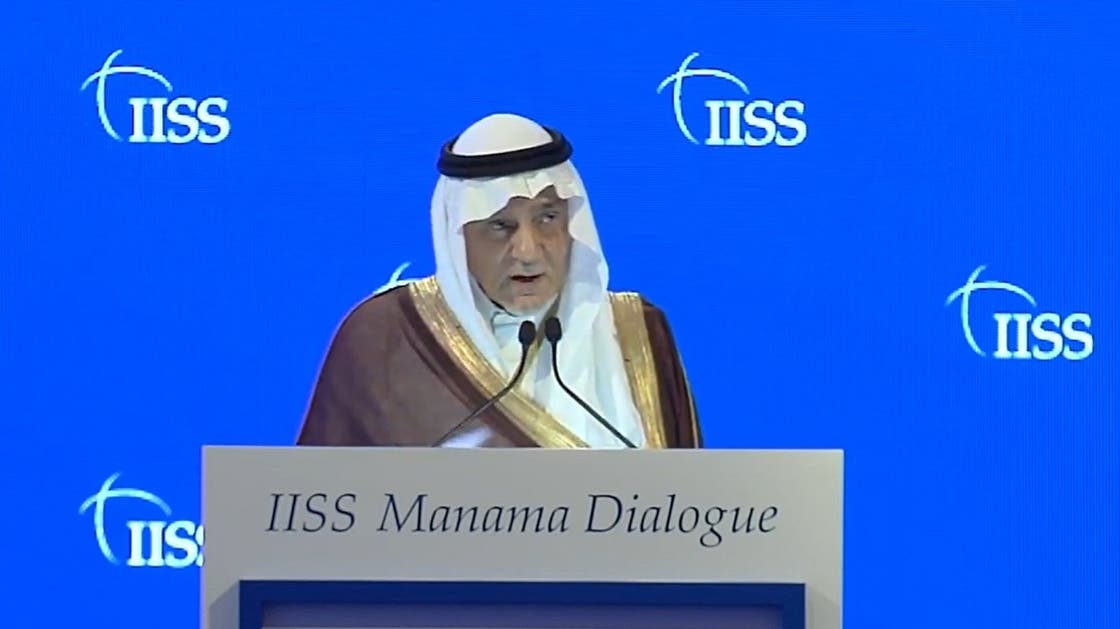
Saudi Arabia’s former ambassador to the US Prince Turki al-Faisal Al Saud criticized Israel on Sunday at the International Institute for Strategic Studies (IISS) Manama Dialogue in Bahrain, where Israel’s foreign minister opposed his remarks.Prince Turki, who began his speech by saying his comments reflected his personal view, criticized Israel’s actions toward the Palestinian people, describing Israel as the “last Western colonizing” power in the Middle East.

VIDEO:SaudiArabia open to full ties with Israel, on condition of Palestine state
He said that Israel had evicted Palestinians after the 1948 war and “they repeated that calumny after the 1967 war, when more of the inhabitants that remained after the 1948 war were equally dispossessed of their lands.”
He also said that Israel has occupied neighboring Arab lands, “not the reverse,” adding that “what the Arabs have waged since 2002 is the ‘Arab Peace Initiate,’ which all Israeli governments rejected at every turn.”
The former ambassador also called out the Israeli border wall, calling it the “apartheid wall,” and said it “prevents the inhabitants of the land they colonized from returning to their stolen properties.”
Read also: Neglected and stateless: How Jerusalem Palestinians may benefit from Gulf-Israel ties
He also added that despite the International Court of Justice issuing a ruling that the wall is illegal, Israel has “incarcerated [Palestinians] in concentration camps under the flimsiest of security accusations— young and old, women and men, who are rotting there without recourse to justice. They are demolishing homes as they wish, and they assassinate whomever they want.”
Prince Turki’s comments come as neighboring Bahrain and the United Arab Emirates recently moved to normalize relations and establish ties with Israel, also known as the Abrahamic Accords.
He said if the Abrahamic Accords are “based on geography, then there can be no Abrahamic Accords without the inclusion of the land of Abraham – Mecca.”
Prince Turki reiterated that the “Arab Peace Initiative must be implemented with regard to Palestine.”
Saudi Arabia has insisted that any normalization between it and Israel can only happen alongside a lasting peace deal involving a two-state solution to the Israeli-Palestinian conflict.
The Kingdom publicly continues to state its unwavering support for the Arab Peace Initiative, a 2002 Saudi-sponsored deal that offers Israel full ties with all Arab states in return for Palestinian statehood on territory Israel captured in 1967.
The former ambassador concluded his speech by calling on the Israeli people to “take the extended hand of peace and end this tragic charade,” adding that “only then can we together meet the other colonizing pretender that boasts about its control of four Arab capitals: Beirut, Damascus, Sanaa and Baghdad,” in reference to Iran.
Israeli Foreign Minister Gabi Ashkenazi, who spoke immediately after Prince Turki, said:
“I would like to express my regret on the comments of the Saudi representative.”
“I don’t believe that they reflect the spirit and the changes taking place in the Middle East,” he said.
With AP.